Highlights
Director-General

News
Democratic Republic of the Congo: FAO urges greater focus on humanitarian needs and resilience against recurrent shocks
FAO high-level delegation met people affected by conflict, government officials, donor partners and aid workers

Story
Investing in families opens up markets
Large-scale investment in Farmer Field Schools in Kenya helps expand farmers’ knowledge and increase their incomes.
.jpg?sfvrsn=82134d58_1)
Helping produce more with less: FAO and IAEA mark 60-year partnership
FAO Director-General QU Dongyu addresses the IAEA Ministerial Conference in Vienna

Interactive story
Championing sustainable fisheries
Discover how FAO’s Coastal Fisheries Initiative helps to preserve marine resources and promote sustainable fishing for a healthy environment.

In Focus
Keeping our food safe
The Codex Alimentarius protects consumer health and facilitates the international food trade.

In Focus
FAO response to global food security challenges
Data analyses, policy recommendations, and actions on the ground.

Publication
World Food and Agriculture – Statistical Yearbook 2024
Explore data on the major factors at play in the global food and agricultural landscape.

In Focus
Give your skills a boost
Access free online courses on sustainability, natural resource management and more.
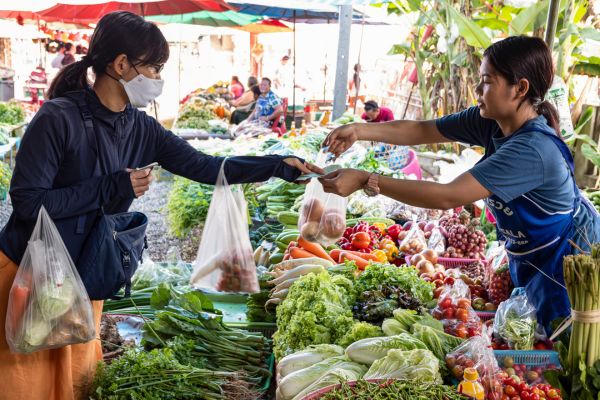
Data
Monitoring and analyzing food prices
Access the latest information on domestic prices of basic foods in developing countries.
Director-General
.jpg?sfvrsn=82134d58_1)
Helping produce more with less: FAO and IAEA mark 60-year partnership
FAO Director-General QU Dongyu addresses the IAEA Ministerial Conference in Vienna
Voices of Impact
Boosting small businesses in Kenya through large-scale investment in farmer field schools
26/11/2024
Esther, a small-scale farmer from Kitui County, Kenya, faced many challenges raising her chickens, including a high mortality rate. Watch the video and discover how she managed to raise healthy chickens and increase productivity by using the methods learned at FAO Farmer Field Schools, thus contributing to local food security and nutrition.
Video
What are Codex standards and why do they matter to everyone, everywhere?
24/11/2023
For over 60 years, FAO-WHO Codex Alimentarius standards have protected health and facilitated trade.
Podcast
Saving lives in a warming and unpredictable sea
21/11/2024
In Nicaragua, climate-related accidents are a constant menace for small-scale fishers. Hurricanes and storms often hit the country, threatening their lives and livelihoods. Learn how the Food and Agriculture Organization of the United Nations —through innovation, training courses, and other programmes— is playing a crucial role in improving safety at sea worldwide.
Data
Prevalence of undernourishment (percent) (3-year average) 2021-2023
Sources: FAO, IFAD, UNICEF, WFP and WHO. 2024. The State of Food Security
and Nutrition in the World 2024 - Financing to end hunger, food insecurity
and malnutrition in all its forms. Rome, FAO.
https://doi.org/10.4060/cd1254en;
FAO. 2024. FAOSTAT: Suite of Food Security Indicators. [Accessed on 24 July
2024].
https://www.fao.org/faostat/en/#data/FS;
UN Geospatial. 2020.
Map geodata. New York, USA, UN.
Licence: CC-BY-4.0
2020 World
31.2%
2010 World
31.5%
In depth

Data
Transparency is key to FAO’s mission
Our new transparency portal shows how and where our resources are used and the results we have achieved. Explore the portal now.
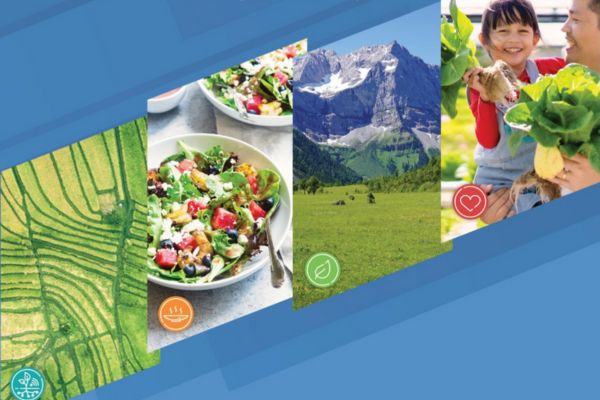
Publication
Medium Term Plan and Programme of Work
The Director-General’s Medium Term Plan (Reviewed) 2022-25 and Programme of Work and Budget 2024-25.
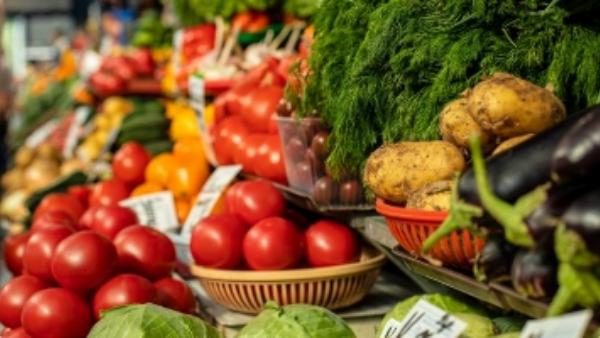
In Focus
FAO Data Lab
The FAO Data Lab for Statistical Innovation modernizes the statistical business process, with a specific focus on emergency contexts, when having access to timely information is very important.
FAO and the SDGs
Hover the mouse over an SDG icon for more information
A world free from hunger and malnutrition where food and agriculture contributes to improving the living standards of all
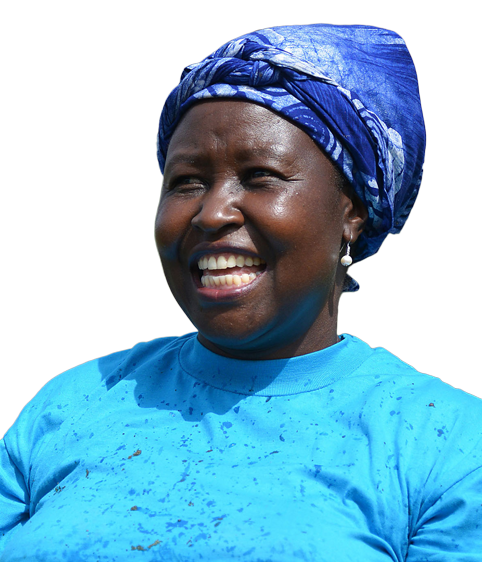
FAO works with governments and partners to empower some of the world’s most marginalized people to end rural poverty.
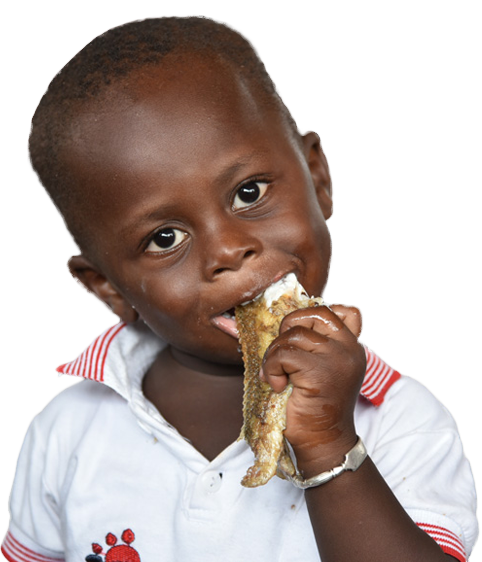
FAO helps ensure food security by developing ways of growing food that will work in the future so that millions of people don’t go hungry.

Good health starts with nutrition. FAO sets global standards and works with governments and the private sector to ensure food quality and safety throughout the food chain.

FAO invests in educational systems for rural communities and supports improved access to primary education and school meals in order to create equal opportunities for all and chances of lifelong learning.

FAO supports gender equality in the agricultural sector in an effort to raise levels of nutrition in local communities and improve agricultural productivity.
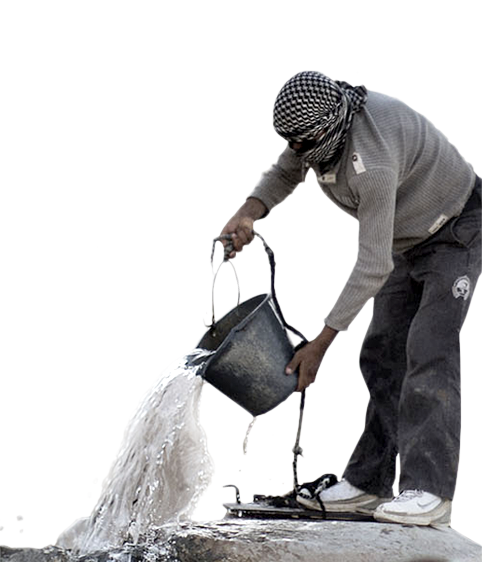
FAO works with governments to ensure water use in agriculture is made more efficient, equitable and environmentally friendly.
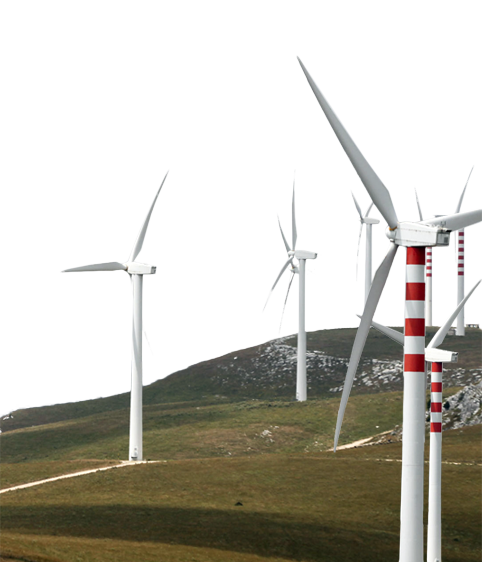
FAO promotes the use of renewable energies and works to ensure access to modern energy services across the food chain.
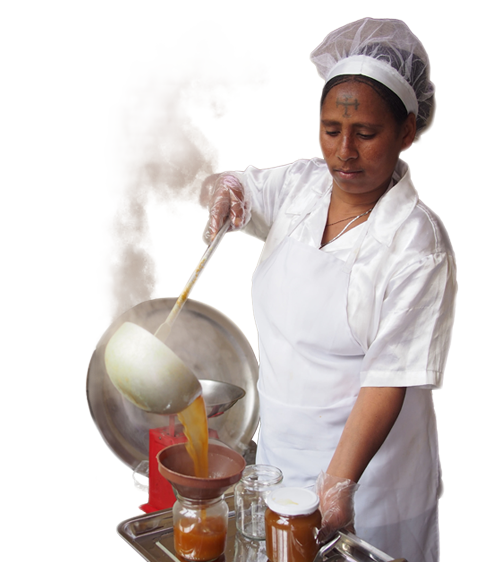
FAO seeks better economic opportunities for all by investing in sustainable agricultural practices and food systems that reduce inequalities and create decent jobs.
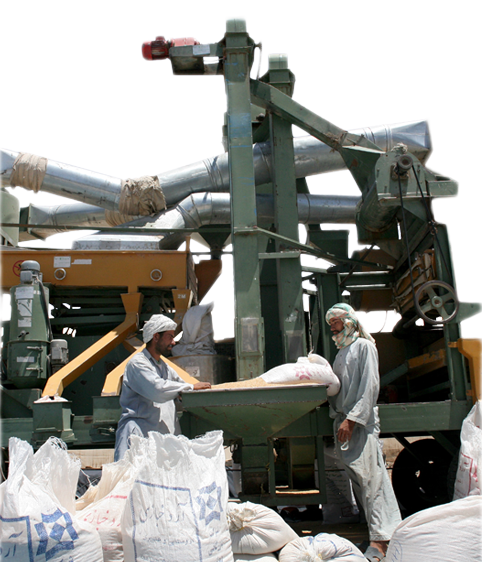
FAO seeks to secure a future for rural communities via investments in transportation, irrigation, food storage facilities and communication technologies.

FAO works with countries and partners to generate employment in rural areas, ensure access to natural resources for the most vulnerable and connect farmers to markets.

FAO works to improve urban healthcare, water quality and rethink city region food systems to help deter the negative effects of sprawling urbanisation.
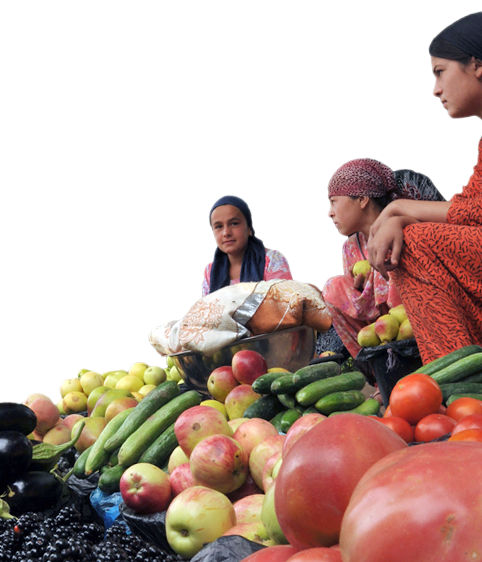
FAO coordinates major global initiatives and projects to tackle food waste and loss, partnering with international organisations, the private sector and civil society.
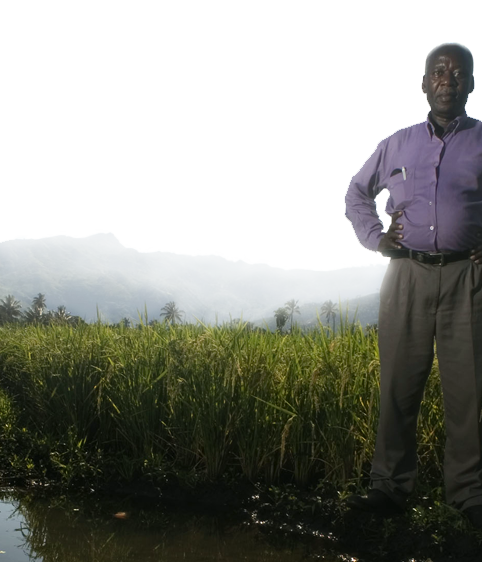
FAO supports countries in responding to the threats of climate change by providing advice, data and tools for better agricultural policies and practices.
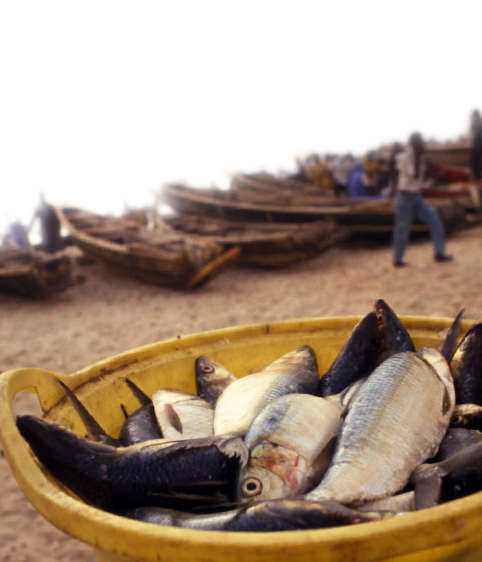
FAO, in partnership with governments and fishing communities, implements best practices in fisheries to ensure our oceans are protected as a means of livelihoods.
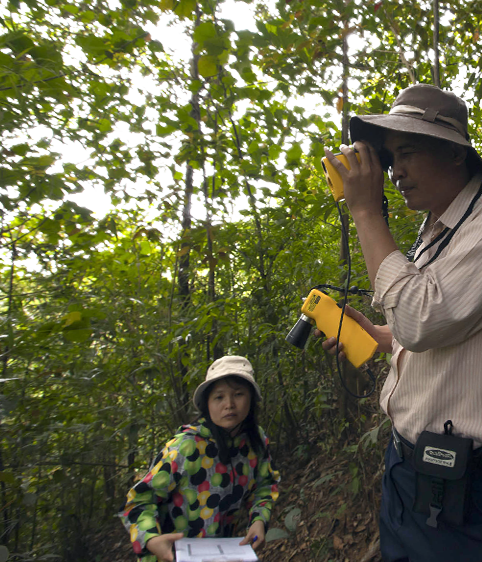
FAO promotes sustainable approaches to natural resource management and supports endeavours that promote a balance between conservation and development initiatives.
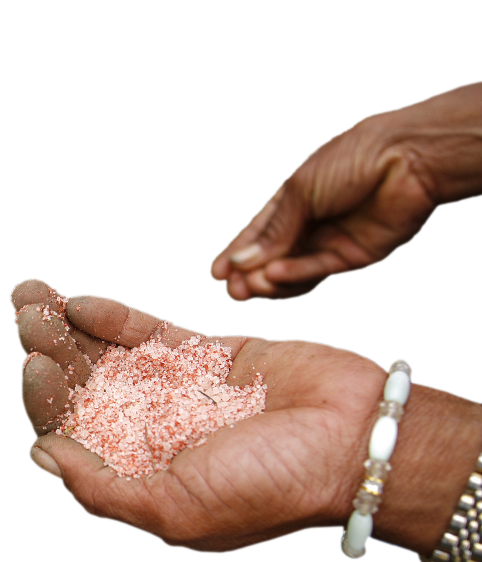
FAO plays a critical role in peacebuilding, restoring rural livelihoods, building resilience and participatory approaches to policymaking.
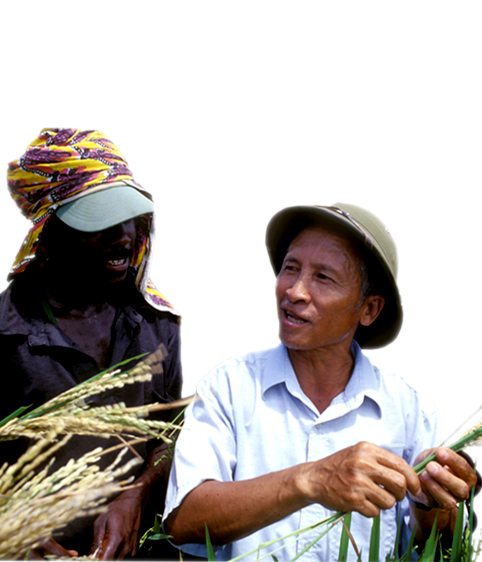
FAO acts as a neutral policymaking forum and develops partnerships with all concerned with food and agriculture to ensure a world free from hunger.


















Globally Important Agricultural Heritage Systems.
FAO BRIEF – 25 November
In this episode, FAO’s role in the Global Alliance Against Hunger and Poverty, FAO at COP29; and tackling Antimicrobial Resistance.



